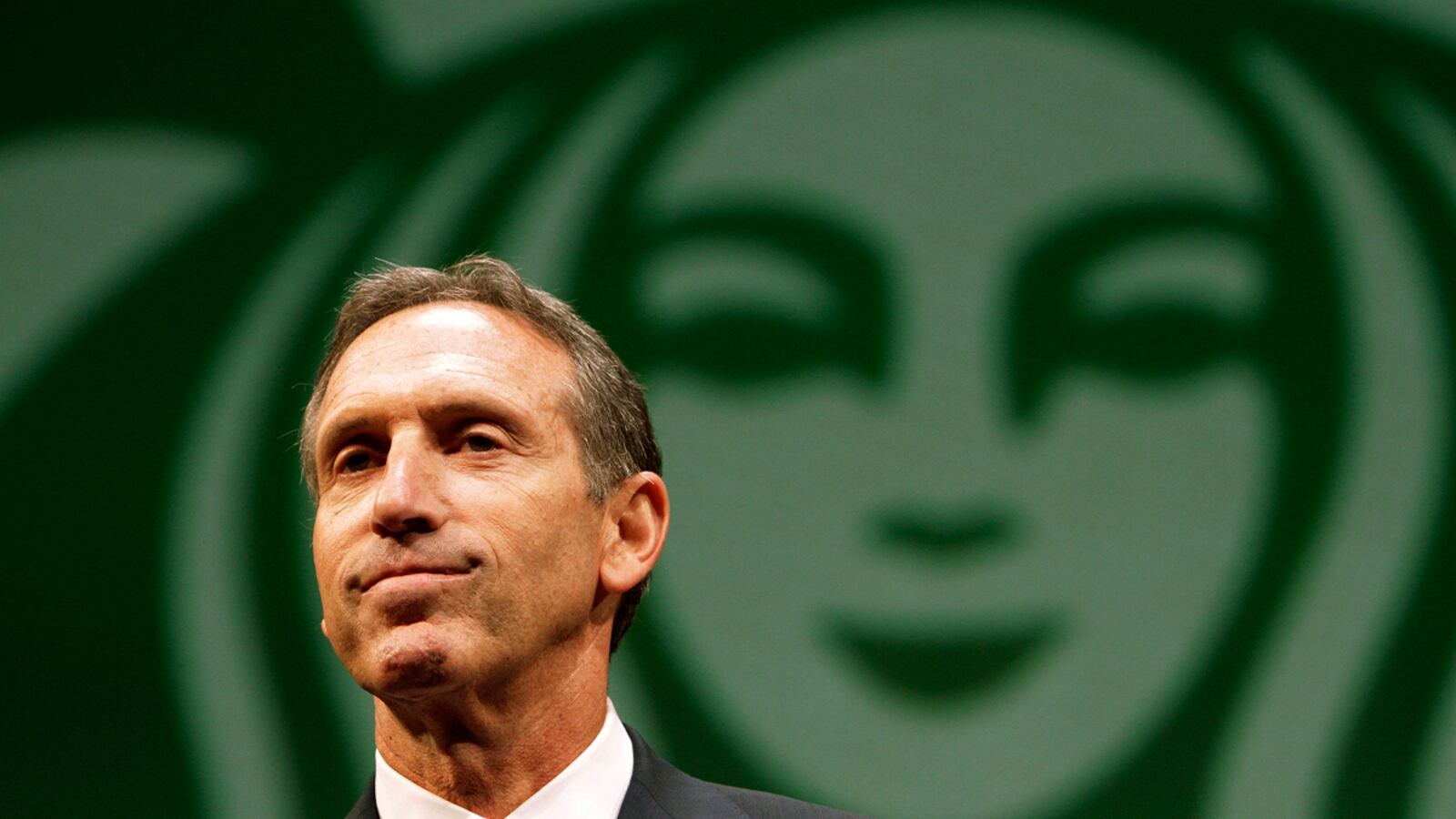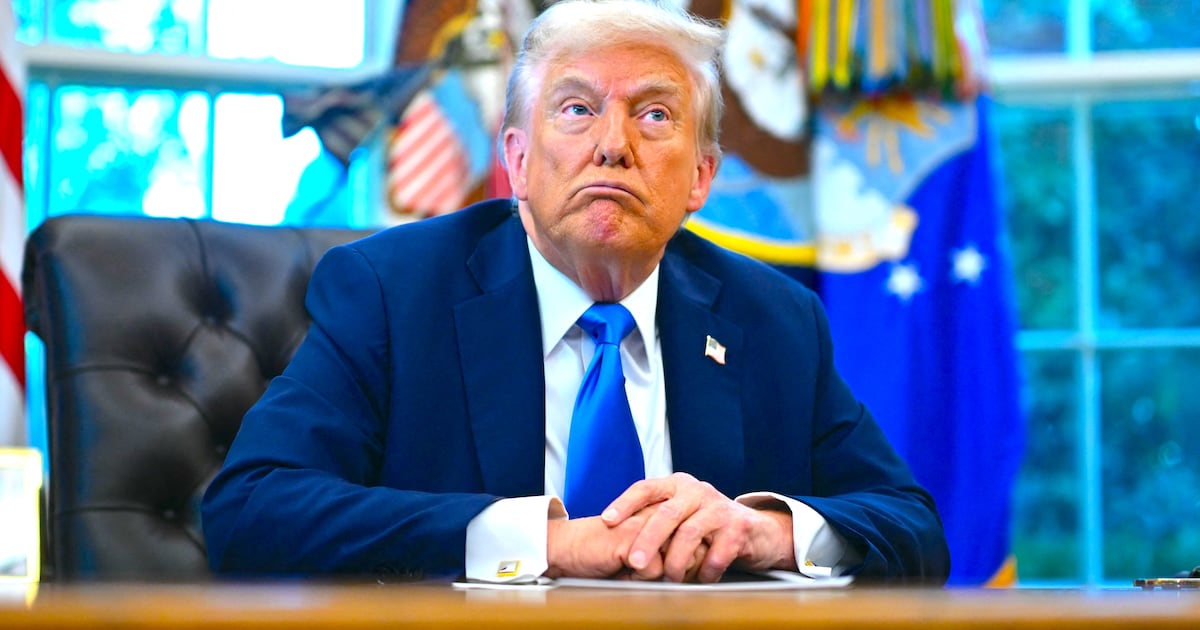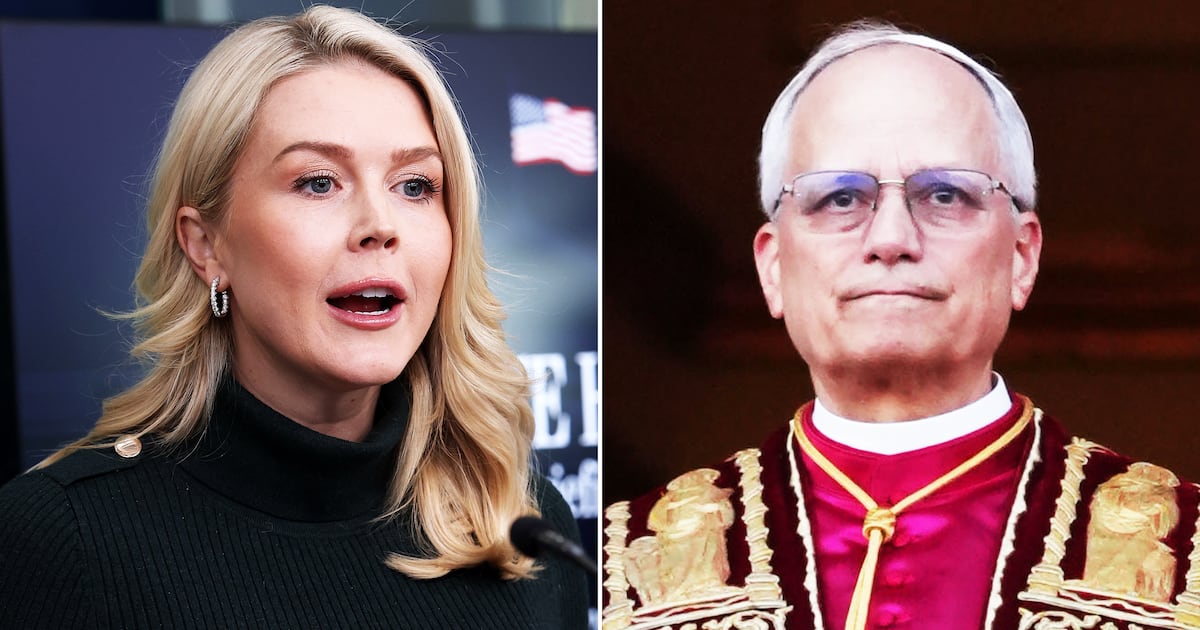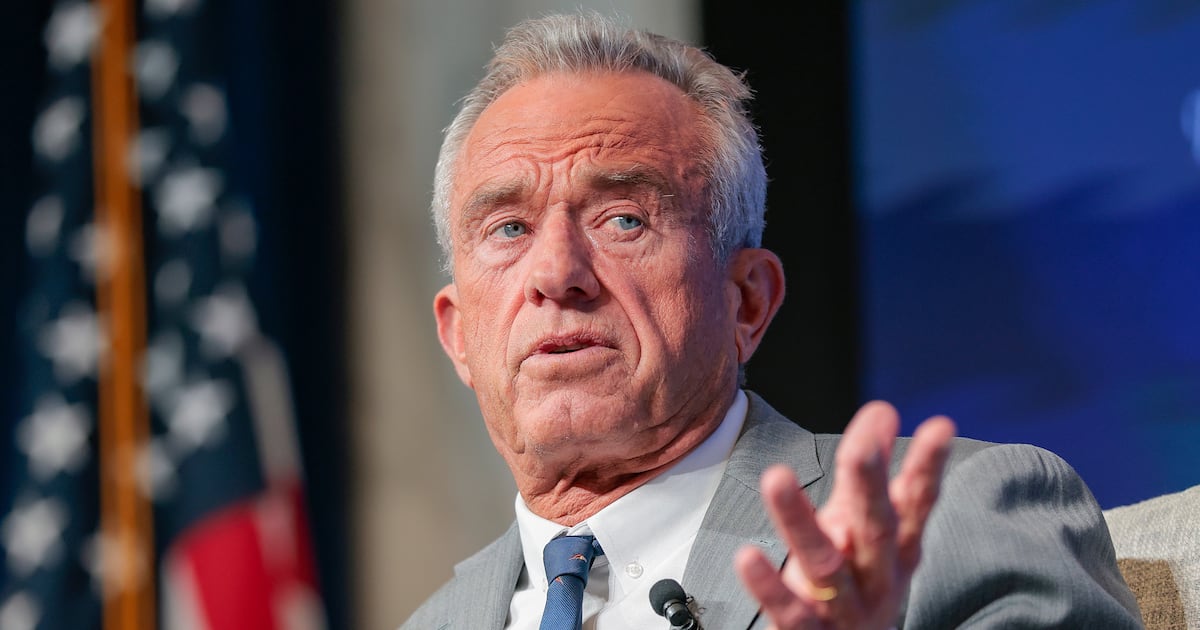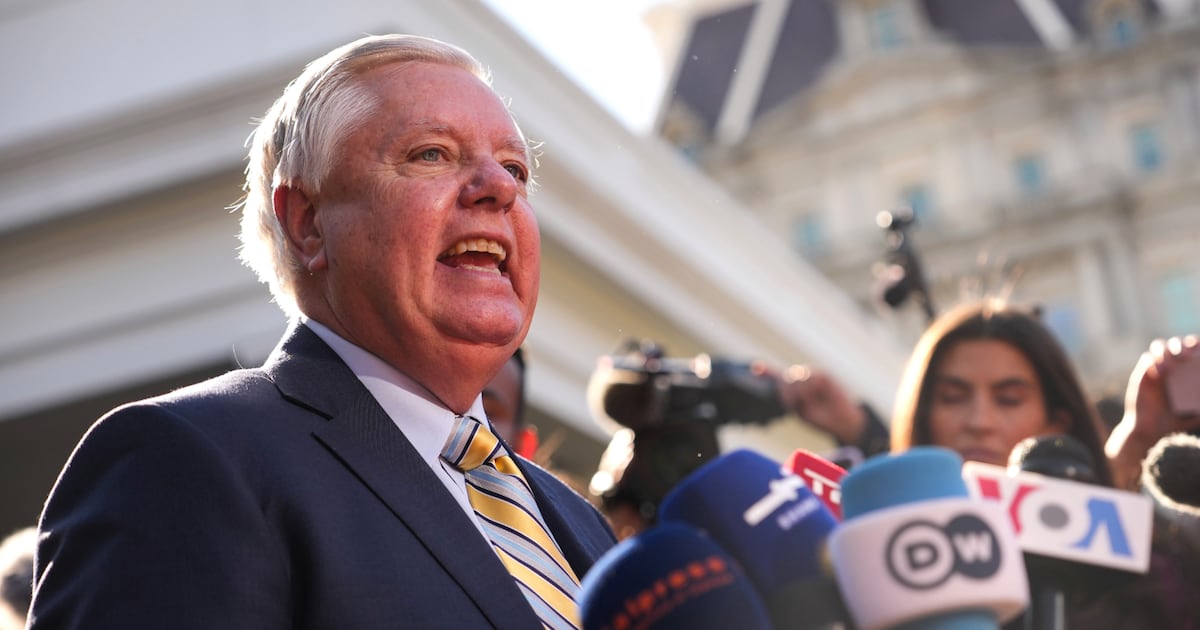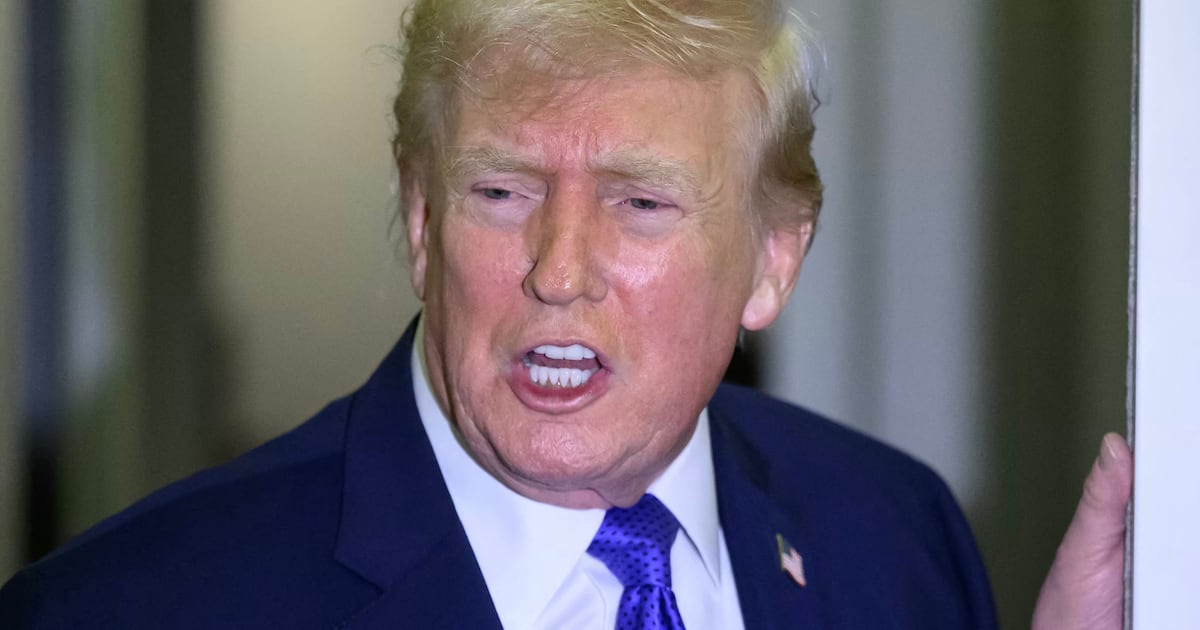Congress refuses to lift a finger to help those 14 million Americans out of a job and looking for work.
But what if we all pooled the loose change we get back after buying our morning latte at Starbucks? Maybe then collectively we could create a stimulus package big enough to get people working again. It might sound crazy but that’s the idea behind Create Jobs for USA, a proposal floated Monday by Starbucks founder and CEO Howard Schultz. The company will pool the money they receive from customers, Starbucks “partners” (the company’s preferred term for its employees) and others, Schultz explained in a phone interview shortly after announcing his plan, and start loaning it to small businesses that promise to create jobs.
“We can’t wait for Washington to act,” Schultz said. “The lifeblood of job creation in America is small business but they can’t get access to credit. And I saw an opportunity to use our stores, which are in every community in America, to raise funds to help.” Schultz added that those who donate at least $5 to the cause will get an “indivisible” wristband, which the company describes as a “symbol of Americans helping Americans create and sustain jobs.”
The idea isn’t as flaky as it might seem at first glance. The Starbucks Foundation is seeding the effort with $5 million, and Schultz has partnered up with the Opportunity Finance Network, a group that represents 180 Community Development Financial Institutions (CDFIs) around the country. CDFIs are lenders that focus on loans aimed at helping low-wealth communities foster economic development.
CDFIs will loan roughly $35 for every $5 in donations they receive, said Opportunity Finance Network’s Mark Pinsky, who stressed the advantage in working with an existing network of lenders. His member-lenders already have a backlog of worthy small businesses and nonprofits that could start hiring now—if only they had access to a loan. Starbucks will start accepting donations on November 1 at its 6,800 stores.

Because CDFIs in his network have a 98 percent loan repayment rate, Pinsky said, that means “virtually every $1 donated will be re-loaned indefinitely, compounding the job-creation impact.”
The idea for Create Jobs for USA was first hatched in a brain-storming session Schultz held at his home on the Sunday before Labor Day. In early August, Schultz had caused a stir when he pledged he would stop making campaign contributions to either party until the partisan bickering in Washington stopped. Given his entrepreneurial background, Schultz said, doing something to help the small business owner gasping for cash seemed a natural next step.
“I feel very strongly I have to take on a deeper responsibility to do all that I can to use the scale of my company for good,” said Schultz, who grew up in a housing project in Brooklyn but now has a net worth of more than $1 billion. “I don’t want to blame anybody. I just want to stand up and make a difference.”
On Tuesday, Schultz will appear at the company’s Harlem store to announce another Starbucks-centered initiative, this one aimed at harnessing the good works of existing community groups to help communities where the misery index is high.
“I feel like we’re witnessing the fracturing of the humanity of America with unemployment, the housing crisis, and no access to credit for small businesses,” Schultz said. Sitting on the sidelines, he said, isn’t an option.
“We need more and more people to take on new levels of responsibility and leadership to try and make a difference,” he said.
It’s anyone’s best guess how much this effort might raise but the Opportunity Finance Network’s Mark Pinsky said, “I’d imagine it will be in the tens of millions.”
Impressive, but not quite the impact the president had in mind when proposing a $447 billion package of tax cuts and spending initiatives—a plan that seems to have faded from view.

